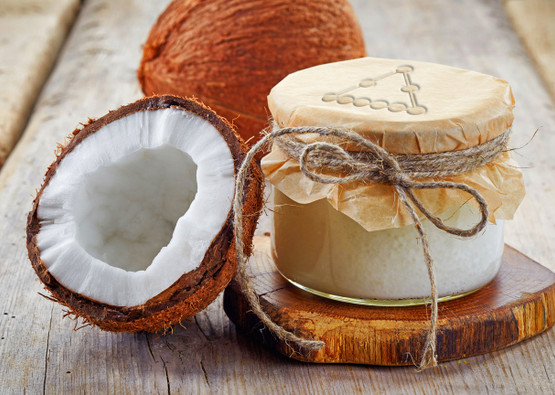Posted by Beyond Health on Nov 3rd 2025
Quercetin and Cardiovascular Disease
Cardiovascular disease is our leading cause of death by disease; quercetin is one of your best defenses against it. Quercetin is a type of antioxidant polyphenol called a flavonoid found in fruits and vegetables. Research confirms its ability to prevent heart disease and promote overall health. Large population studies have found that diets high in quercetin are associated with reduced risk of developing heart disease. Further research has found that quercetin helps prevent heart disease in these eight ways. Quercetin supplementation in humans lowers total and LDL cholesterol while raising HDL. Laboratory and animal research indicate that quercetin triggers removal of cholesterol from artery walls leading to plaque regression. LDL cholesterol doesn’t form dangerous plaque unless it becomes oxidized. It has recently become possible to get a blood test showing your level of oxidized LDL through standard laboratories. We encourage everyone to ask for this test…
read more Fuel your life with the purest vitamins
Fuel your life with the purest vitamins





